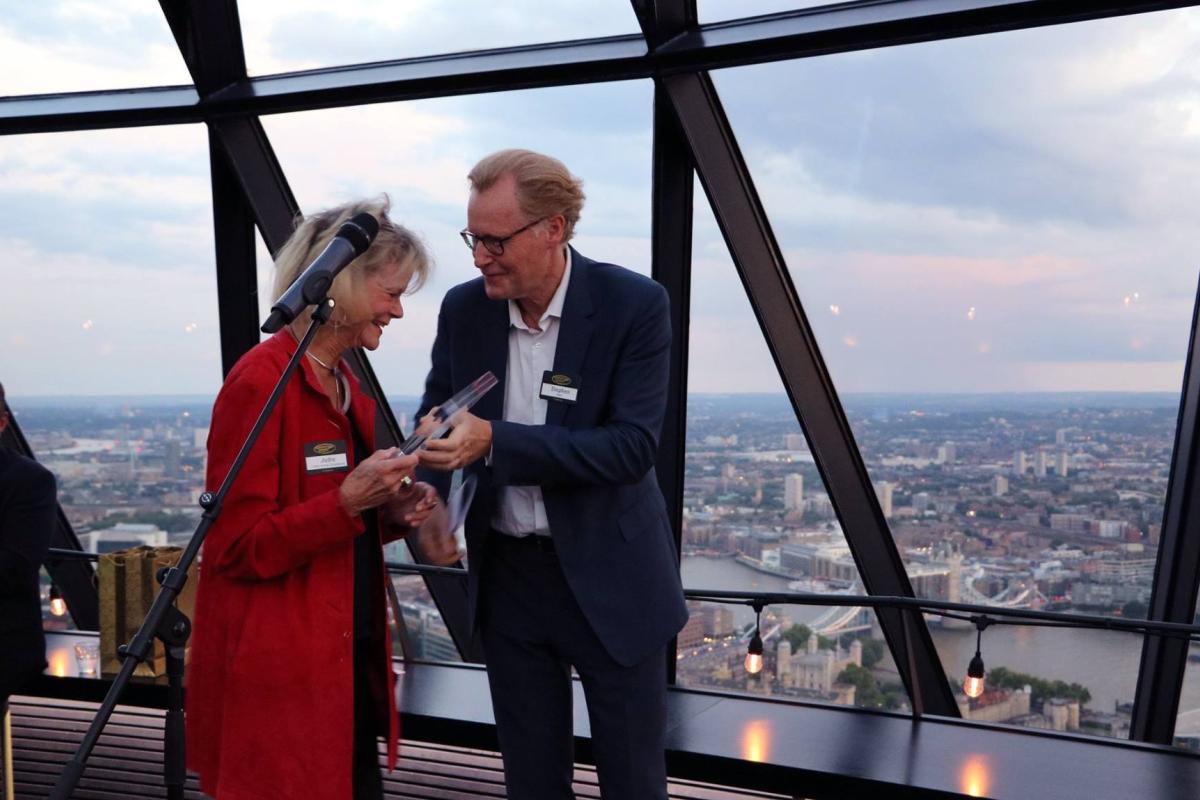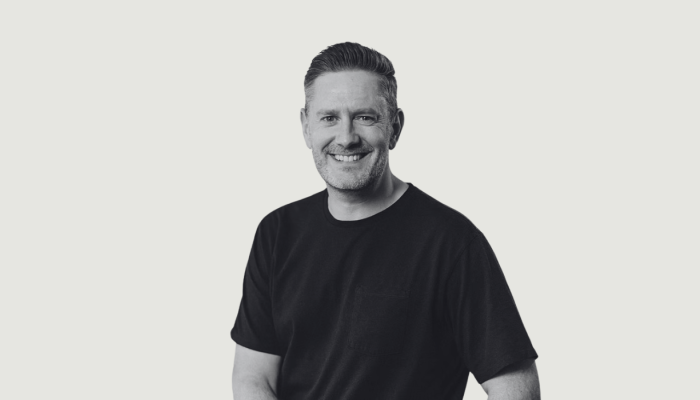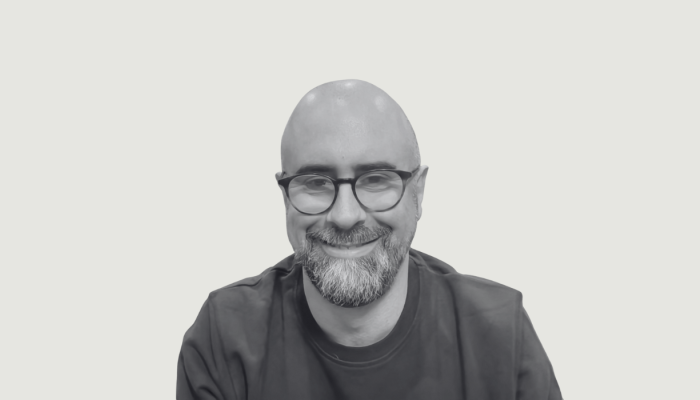What does bold marketing leadership look like?
I know what it looks like from the inside. Leadership means leading a group without being egocentric. It means getting the best out of a team, by giving the team credit for things when it might be your credit and promoting as much as a collaborative spirit as possible so people want to follow you. Followership is as important as leadership. The leader should have ideas that are strategically sound and innovative and the leadership has credibility, trust and respect from the management. And whether that means the marketing leader is on the board or not depends on the organization but the marketing function should be highly respected and is looked to for energy and ambition.
When during your career have you seen this work best?
When is marketing at its best? I left JWT in 1990 where the most inspiring leadership came from the Rowntree brands, they were wonderful to work on. They respected their agencies, which is something we appreciated enormously. These brands were spectacularly successful over a long period of time. The other one was during the early days of my career, was working with Unilever when Persil was such a powerful brand. I also always had a soft spot for De Beers. You can’t help but like a client who likes you, because it means this is where the arguments are proper arguments – not political or undermining.
How can a marketer get the best out of their agencies?
By listening to them and by respecting what they are doing and through the development of a proper relationship rather than a transactional one. There needs to be some sense of commitment and mutual trust. Agencies desperately want to do well by the client, they want to do good work and if there’s chemistry between agency and client - that’s when the best work turns up.
Looking back over your career, what is your greatest achievement?
As a career achievement, I’m proudest of Market Leader because no one else did it. It’s unique, no such thing in the world, there’s every other kind of journal. No such thing as a strategic marketing journal, and doing something that is unique has been very satisfying…
What is going to change and what isn’t going to change?
What isn’t going to change is the role that brands play in people’s lives. The importance of building brands which takes a commitment and can be easily distracted by the latest hot shot technology. There is a tremendous tendency for everything going digital and I think we must recognise importance of keeping brand fresh and coherent and relevance.
I’m an anthropologist by training, and I see the essence of branding as the way people say something about themselves. It’s about self expression. I don’t see why that should change otherwise it’s all about race in commodities.
What’s your view on data?
I find it really worrying. I think people are inundated with superficial and shallow data. What big data can do better than anything is analyse patterns of behaviour. But there’s a lack of insight into the motives and the meanings. I’m a trustee of the Archive of Market and Social Research and we’re trying to archive all this wonderful research from the past from consumer studies to opinion polls and qualitative research from Peter Cooper’s archive. This groundbreaking work needs to be saved and people will find it has utility.
What about the future of market research?
I think it’s a shame that it’s threatened as much as it is but it’s inevitable. I’d like to think that the original minds that used research to produce insights are still going to be doing it whether it comes from big data or small. Insights from hearing people speak – that’s not going to change and it’s a great mistake to think technical skills can dispense with this in terms of traditional thinking.
What consumer behavior that surprised you most?
This is obvious but the mobile phone has eliminated all sense of responsibility and punctuality. There is a profound sense of change in all kinds of behaviour that mobile has made negotiable.
Advice to women in advertising?
I think there’s a lot of complexity here.
There may be too much emphasis on women working their way through organisations. If a woman wants to do it, she probably can, but it’s hard. We’ll still stumble over the basic problem of how you want to raise your children. I think the battle has been largely won but the whole context has changed.
Golden rule?
I’ve never had goals. What if you don’t like it when you get there? I’m more a believer of the pinball – you bump into things and something wonderful happens and you drop into that hole. Be nice to people, kind and empathetic. Try to stick up for what you believe in without being an egomaniac or difficult.
Greatest influence?
Four people including my husband, xx, made a huge impression on me.
Stephen King taught me how to think and solve problems, and I’m indebted to him for mental discipline.
Jeremy Bullmore taught me what good writing is and made me think about the words I put in front of me.
Charles Handy is full of insight about organisational structure and was incredibly insightful about how teams work.
Advice to your 17-year-old self?
Get as much experience as you can, don’t get a vocational education, then travel, work in other countries, gather up as much experience as you can. Be prepared to leave a job or a relationship that isn’t working for you. I had a lot of jobs before I got the one I wanted. Then you know that’s it. Don’t just stick with something because your parents told you to and you feel you should. Trust your gut and your instincts. Do not draw up pros and cons. The minute you do, whether it’s about a man or a job or a house, you’re in the wrong category….
Book recommendations?
I would recommend two writers - Charles Hampton Turner and Charles Handy. These two writers have a plethora of wisdom and insight that I’d recommend to anybody. There is creativity and imagination and both of these men are visionary in their way about how to work in personal rewarding ways.
What’s the biggest challenge facing our industry?
I think we need to keep focused on the people. We need to rise above the dross and the junk that clutters our computer, our phones and our lives. There’s a genuine question about how effective it all is. When people think about it, they don’t respect the intrusion.
By Elen Lewis



